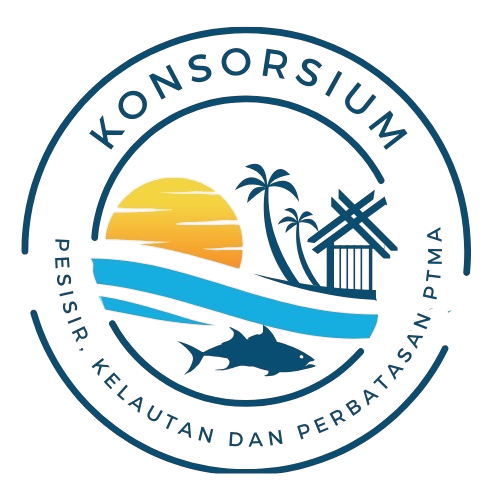Techno-Economic Simulation of Lobster Cultivation Business in Sebubus Village, West Kalimantan
Keywords:
Business, Cultivation, Lobster, Kalimantan, Techno-EconomicAbstract
Lobster plays a pivotal role in the fisheries industry, and the potential development of this business needs to be thoroughly understood to support regional economic growth, particularly in Sebubus Village, West Kalimantan. This research aims to conduct A study of prospect and simulation on the techno-economic aspects of lobster cultivation businesses in West Kalimantan. The research methodology involves collection data primary and secondary through field surveys, interviews with business stakeholders, and analysis of relevant economic data. The data were obtained from lobster business locations in Sebubus Village and secondary data from recent scientific articles. The data used encompass aspects such as production costs, selling prices, and other factors affecting the sustainability of the business. Based on the results of techno-economic simulations with fixed variables of harvest composition (A 30%, B 30%, C 40%), critical factors for lobster cultivation businesses were identified, including a minimum seedling capacity of 14.87 kg, a minimum survival rate of 67.65%, a maximum decline in lobster selling prices of 20.42%, while an increase in feed prices did not have a significant effect. This research is expected to provide a significant contribution to the understanding of the lobster business economy in Sebubus Village and its surrounding areas. The practical implications of this study involve efforts to enhance production efficiency, reduce risks, and create a conducive business environment for lobster industry stakeholders.
Downloads
Published
How to Cite
Issue
Section
License
Copyright (c) 2025 Culture, Public Policy and Inovation Journal

This work is licensed under a Creative Commons Attribution-NonCommercial-NoDerivatives 4.0 International License.








